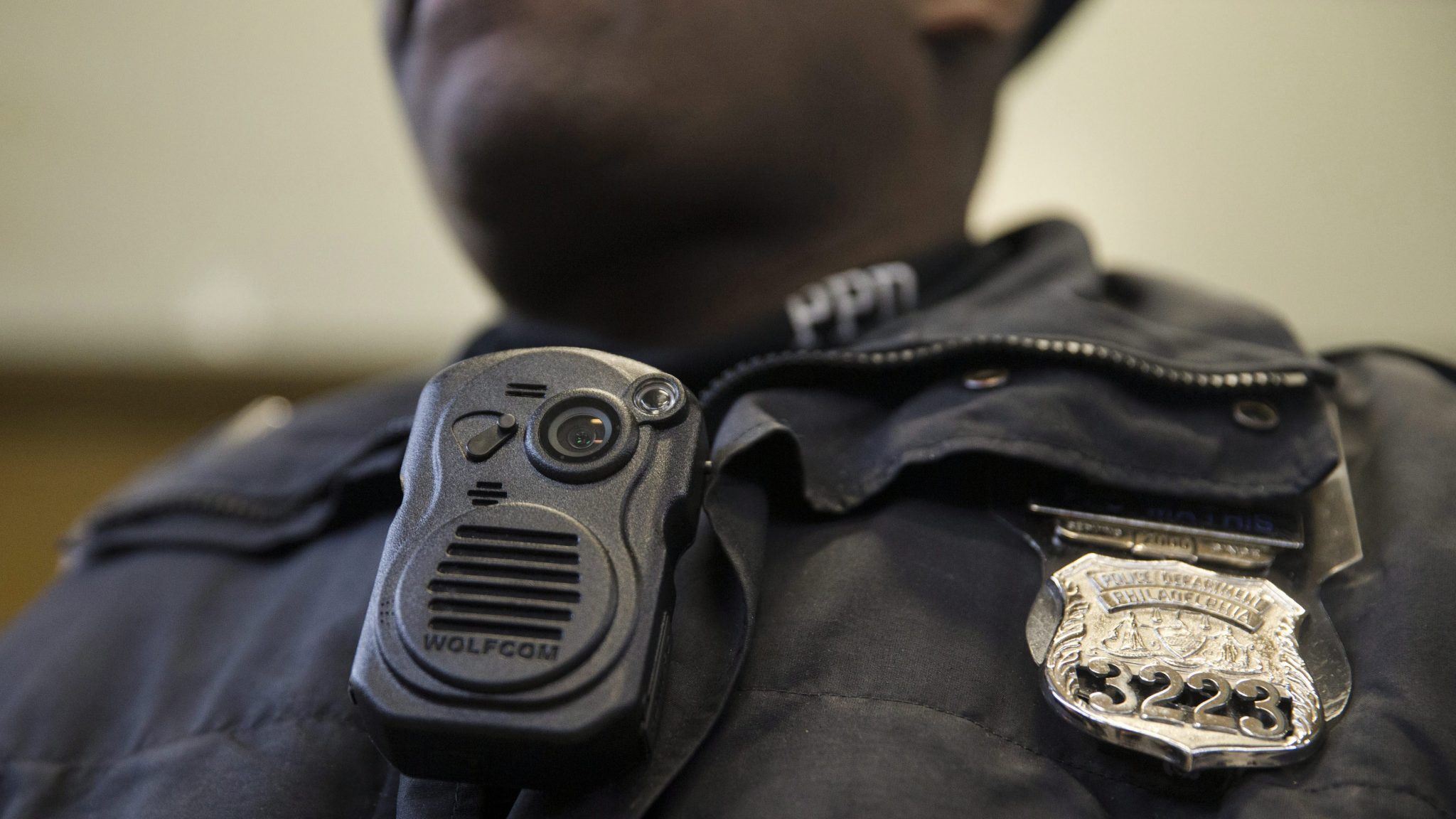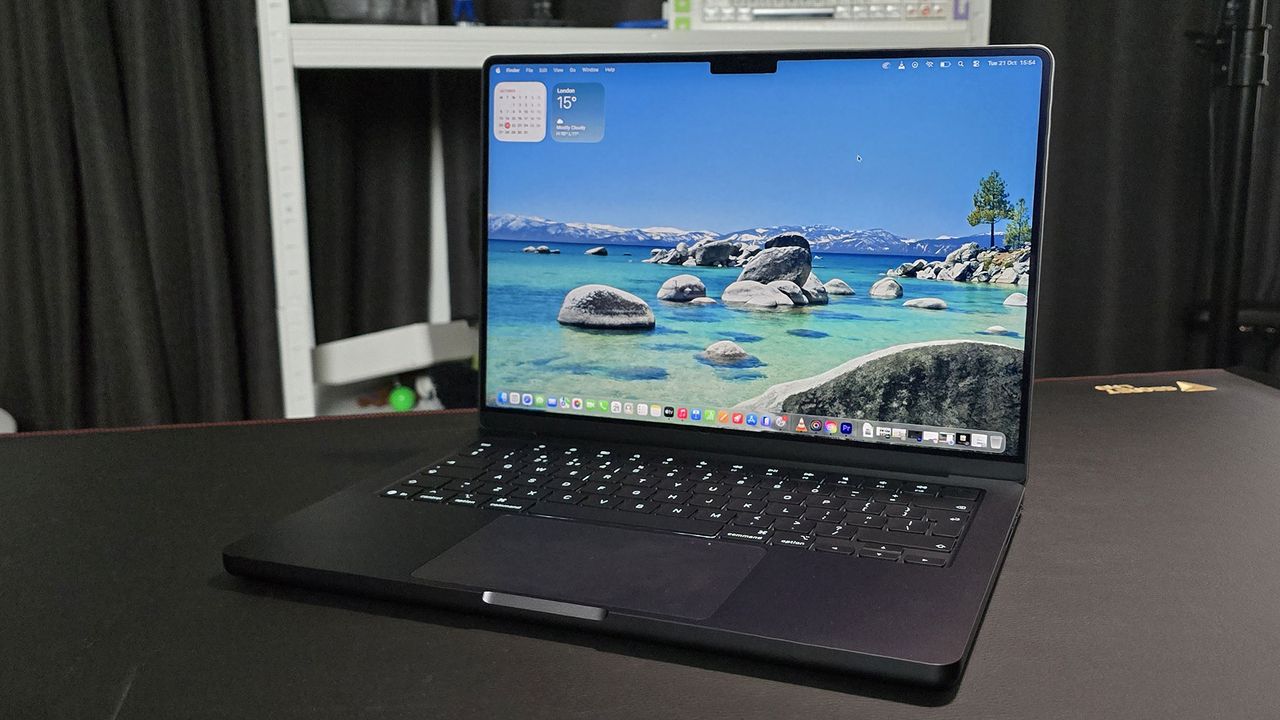
It’s no secret that police departments are requiring officers to wear body cameras in order to record their day-to-day activities. This also isn’t new. But it is gaining momentum. Google “police body cameras” and a whole slew of news articles will pop up talking about the latest city to be using them – or not using them as it might be in some cases. New York City Mayor, Bill de Blasio originally said that all NYPD officers would be wearing Body-Worn Cameras (BWC’s) by the end of 2019. But he’s pushed up that timeline is and is a year ahead of schedule as he made an announcement to meet this goal, by the end of 2018.
Are these a good thing though? The perception is that it helps to keep both the police officers as well as anyone involved in an incident, safe. The theory is that this will help prevent senseless acts where we see individuals shot for no reason. Often times, the officer reports that the victim has a gun, when in fact we find out after the fact that they didn’t. Not only is this after the fact, but by that point in time, the victim has died. Interestingly though, research shows that the BWCs don’t have a significant impact on how police behave.

In a study, 1,189 officers of the Metropolitan Police Department (MPD) were made to wear body cameras while another 1,035 officers were deployed without the equipment. The researchers tracked each official which allowed them to record various incidents which comprised of use-of-force incidents and civilian complaints. They checked whether the BWCs resulted in a behavior change in the officers or not. The researchers concluded, “We are unable to detect any statistically significant effects. As such, our experiment suggests that we should recalibrate our expectations of BWCs.” For real?
Which makes the whole idea of BWCs seem like a way to appease certain people or groups. While they might not be changing police officers behavior, you, as a private citizen might be able to have a look at some of the body camera footage. It just depends where you live and what kinds of policies your local police department has in place. If you want to know about your area, head over to the Reporters Committee Website for Body Cameras. Simply click on a city with a camera and you’ll be given information as to whether or not you can review the local footage.

In Dover, Delaware, for example – police do not wear body cameras yet, as the program is still being developed. In Baltimore, if you want access to the footage, you have to get authorization from the Police Commissioner. In addition, the map shows the current status of state legislation, with different colors representing different statuses of that city or state. Blue means there’s proposed legislation regarding public accessibility to body camera footage; yellow means such legislation has been passed; brown means no laws have been passed regarding access, but the state has passed bills only regarding body camera implementation; and green means a court case has decided the rules regarding public access to body camera footage.
The idea that some cities allow access to the footage is incredible to me on. It’s certainly a demonstration of what kind of transparency exists for people in America. But just because you can access the footage doesn’t mean you will be able to. A city in Florida was asked for 84 hours of footage and was told that it would cost $18,000 to provide. I mean, if that’s true, that’s excessive. But also, why do you need 84 hours worth? Can’t you ask for less? Either way, this whole idea is extremely interesting to me, so I can’t wait to see how some cities and states handle this in the future.



![Apple Watch Ultra: The best Apple Watch I do not need [Video]](https://9to5mac.com/wp-content/uploads/sites/6/2026/01/AWU-FI.jpg?quality=82&strip=all&w=1600)